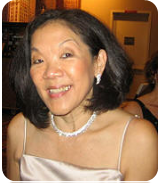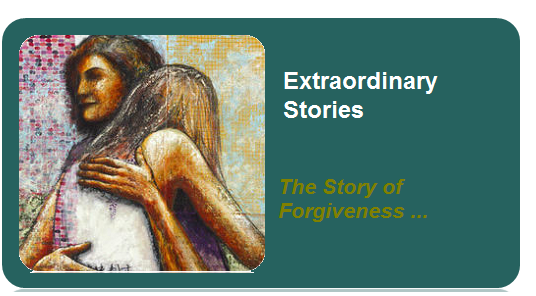
Every time she walked in the building this poem was staring at her and evoked a strong negative response. It was reminding her of painful experiences growing up in Boston as an Asian Americanand being discriminated. She didn’t want to be reminded – she didn’t want to experience the hurt again.
Reading the poem was like pulling at her wounds and opening them up again. However she could not run away from the pain. After reading the poem about 10 times
she came to a realization - she had to learn to forgive and let go. This young
lady learned forgiveness just by reading the poem. She was open to the process of allowing the poem to speak to her heart."
In 2006 The Sun poem was printed on a book marker and sent to the Human Resource department of a hospital in Salem, Massachusetts. Upon receiving the book marker the assistant to the Human Resource director told me she could not believe what the book marker was saying and that someone would send something like this.
I asked her what did she think the poem was saying, she said, “I thought it was saying, “Who do you think you are.” She was startled and shocked that
someone would send something like this. The poem stopped her in the middle of all her activities. Even though she had a strong negative response she did
not throw the item away. She was open to reading it again to discover why she had such a strong reaction to four simple lines. In a matter of seconds upon
reading the poem the second time she said - she was humbled. She could not believe the impact the poem had on her. This profound experience lead to
the order of 500 book markers to be distributed to every single employee at the hospital.
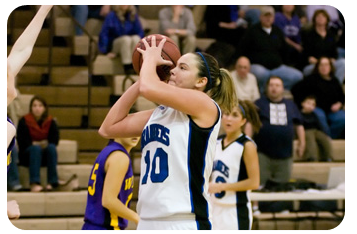 In 1987 The Sun poem was introduced in a diversity workshop at the Brandeis Basketball team. Upon introducing the poem and the story of how the poem was written
a member of the basketball team shared this comment, “I have become more aware that at times I do discriminate in the sense that I treat others
unfairly. I must try to stop this.”
In 1987 The Sun poem was introduced in a diversity workshop at the Brandeis Basketball team. Upon introducing the poem and the story of how the poem was written
a member of the basketball team shared this comment, “I have become more aware that at times I do discriminate in the sense that I treat others
unfairly. I must try to stop this.” 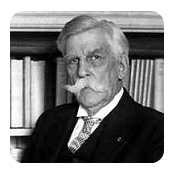
Looking at the Oliver Wendell Holmes quote again, “A mind stretched by a new idea can never regain its original dimension.” The Sun poem invites the reader to look at equality and diversity from a whole new dimension. Looking at equality from this new dimension helps one see the common humanity we all share. It can be a very empowering experience. It can open each of us open to a whole new way of looking at people and engaging with differences of any kind.
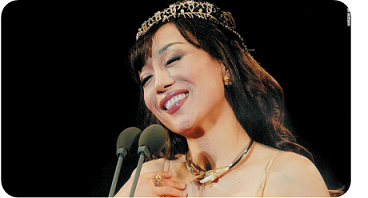
On Christmas day, Dec. 25, 2016, I was having dinner with my brother, his wife, my younger brother, a relative and a guest and heard a story about the Sun poem that stunned me.
The relative had aspirations of being an opera singer in NYC in the eighties. However, she did not fit the image. She’s very short and is Asian with a
Chinese name.
She talked about facing discrimination over and over again. After telling her story she asked me if I was the author of the poem she saw
displayed in the NYC subway. This was over 30 years ago. In 1986 the Sun poem was seen and heard throughout the city as a public service campaign promoting racial
and ethnic harmony. She never forgot the poem and the impact it had on her.
When I returned to Boston I couldn’t forget her story. I emailed her and wanted to understand the impact the Sun poem had on her. Here was her response:
“I wanted to cry when I saw the poem. Simple yet profound. Simple to everyone, profound to those who have experienced discrimination. It brought up the image and the feeling of basking in the warmth of sunshine, boosting the confidence that I am entitled to equality too.”
The Sun poem empowered her!
World Unity, Inc. is on a great mission to help eliminate all forms of prejudice, bias and discrimination. You can help us in a very simple way by directing people to our website and encourage them to read the stories and to share The Sun poem, four simple lines that can empower and enlighten:
that shines on everyone:
Black, Brown, Yellow, Red and White
the sun does not discriminate.
© Sara Ting.

 2016 20th Annual Gala Event Saturday, October 22rd
2016 20th Annual Gala Event Saturday, October 22rd 2015 19th Annual Gala Event Friday, October 23rd
2015 19th Annual Gala Event Friday, October 23rd 2014 18th Annual Gala Event Friday, October 17th
2014 18th Annual Gala Event Friday, October 17th Join us for Cabaret Night at the Liquid Art House
Join us for Cabaret Night at the Liquid Art House  Call to Action: Mayor Walsh announces New Initiative
Call to Action: Mayor Walsh announces New Initiative 9th Annual Poetry Contest
9th Annual Poetry Contest
 Expand your Network and make a new friend Summer Party
Expand your Network and make a new friend Summer Party Promoting Diversity and Inclusion:
Promoting Diversity and Inclusion:  Board of Directors and Advisors
Board of Directors and Advisors
 Advocates and Supporters
Advocates and Supporters
 World Unity Inc. Annual Board Reports
World Unity Inc. Annual Board Reports
 History: From the Beginning
History: From the Beginning
 International Outreach: Impact in Narobi Kenya
International Outreach: Impact in Narobi Kenya Public Service Announcement
Public Service Announcement
 Looking for Volunteers ...
Looking for Volunteers ...
 Singing Equality Across America Program
Singing Equality Across America Program Diversity and Inclusion Quote or Thought
Diversity and Inclusion Quote or Thought  Extraordinary Stories: The story of Forgiveness
Extraordinary Stories: The story of Forgiveness  Donate by shopping. The Amazon Smile Program
Donate by shopping. The Amazon Smile Program Donor Recognition Programs
Donor Recognition Programs
 Donate by Shopping: The IGive.com charitable giving program
Donate by Shopping: The IGive.com charitable giving program

